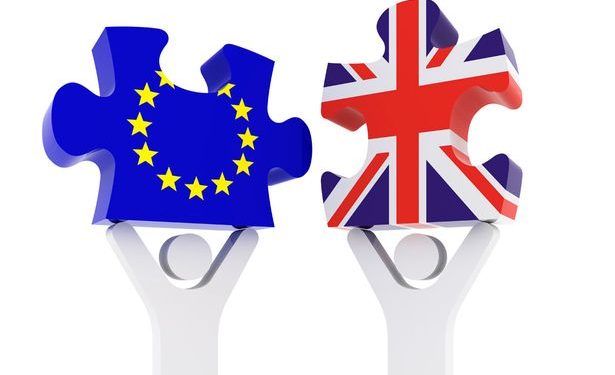After months of speculation, the UK has now published a position paper setting out the UK Government’s thinking on the future relationship with the EU. This paper, Future customs arrangements – a future partnership paper, is the first in a series of papers and focuses on UK’s aspirations for future customs arrangements.
UK’s Government acknowledges that UK traders are a key part of UK’s economy. Any new customs system should be as facilitative as possible to encourage growth in trade with the EU and the rest of the world. Furthermore, any arrangement should mitigate any additional administrative burdens or delays.
The EU Customs Union has formed the backbone of UK’s trade relationship with the EU for many years. UK’s customs and trade provisions are fully integrated with the EU. The options currently suggested by the UK would continue this strong relationship with the EU. It is based on ‘undisrupted’ trade between the UK and EU and simplifications for crossing borders or even removal of the need for a UK-EU customs border. It should also provide the UK the possibility to pursue its independent trade policy objectives.
UK Government acknowledges that the ultimate customs arrangement will depend on the coming negotiation. Part of the strategy is the introduction of a transitional measure of close association between the UK and the EU. This help both sides to minimise unnecessary disruption. The paper indicates UK’s believe that the customs and trade relationship with the EU is critical and that they would likely require more time to achieve a realistic and acceptable solution.
This paper was welcomed by the EU as a positive step towards the negotiations. Furthemore, it provides valuable insights in the strategy and envisaged future relationship between the UK and the EU. However, the EU dismissed the paper within hours. Brussels noted that UK’s withdrawal from the EU – supported by the article 50 procedure – should be addressed first before the future customs relationship can be negotiated.
The next round of talks between the UK’s and EU’s representatives start later in August. It will soon become clear whether this paper will be considered in their negotiations.
For businesses, nothing has really changed yet. Potentially the paper has created additional confusion and uncertainty due to the introduction of an interim solution before arriving at an end-state.
It is still pertinent for traders to understand the feasible scenarios and the impact these have on trade and operations in a post-Brexit situation. This will help in identifying key areas of attention, prioritise actions and resource as well as support in active engagament with government.

